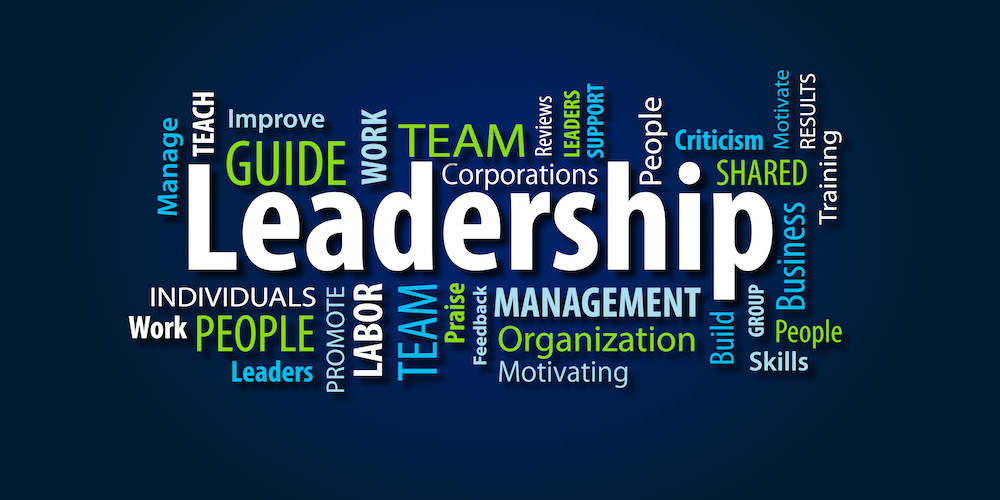Leadership is a term that we often hear in various contexts, such as business, politics, sports, or education. But what does it really mean to be a leader? And why is it important to have effective leadership in any organization or group?

What is effective leadership?
According to the web search results, there are different opinions on what are the three key elements of leadership effectiveness, but some common themes emerge. One possible answer is:
- Strong character: Leaders with strong character earn the respect and trust of their followers, and act with integrity and humility. They are guided by their values and principles, and they inspire others to do the same12.
- Committed, swift decision making: Leaders with this skill can make informed and timely decisions, even under pressure or uncertainty. They are able to analyze the situation, weigh the options, and choose the best course of action. They also stick with their choices and take responsibility for the outcomes13.
- Availability: Leaders with this quality are accessible and approachable to their followers. They make time to listen, communicate, and provide feedback. They are human and empathetic, and they connect with their followers emotionally as well as logically13.
These are some of the key elements of leadership effectiveness that can help leaders enable change and achieve their goals. Of course, there may be other factors that contribute to leadership success, depending on the context and the situation. Leadership is a complex and dynamic phenomenon that requires continuous learning and improvement.
Why does effective leadership matter?
Effective leadership is not only about having a vision or a strategy, but also about making it happen. Effective leaders have a positive impact on various outcomes, such as:
- Employee engagement and retention: Effective leaders create a work environment that meets the needs and expectations of their employees. They provide them with opportunities for growth, development, recognition, and autonomy. They also foster a culture of collaboration, trust, and innovation. By doing so, they increase employee satisfaction, loyalty, and performance456.
- Customer satisfaction and loyalty: Effective leaders understand the needs and preferences of their customers. They deliver high-quality products or services that meet or exceed their expectations. They also establish long-term relationships with their customers by providing them with value, support, and feedback. By doing so, they increase customer satisfaction, loyalty, and referrals457.
- Organizational performance and growth: Effective leaders drive organizational performance and growth by setting clear and realistic goals, aligning resources and efforts, monitoring progress and results, and making adjustments as needed. They also encourage innovation and creativity by empowering their teams to experiment, learn, and improve. By doing so, they increase efficiency, productivity, revenue, and profitability456.
These are some of the benefits of effective leadership that can make a difference in any organization or group.
How to achieve effective leadership?
Effective leadership is not something that people are born with – it is a skill that can be learned and developed over time. There are many ways to improve one’s leadership skills, such as:
- Seeking feedback: Effective leaders are open to feedback from others. They seek constructive criticism from their peers, mentors, coaches, or experts. They also solicit feedback from their followers, customers, or stakeholders. They use feedback to identify their strengths and weaknesses, and to make changes accordingly38.
- Learning from others: Effective leaders are curious and eager to learn from others. They observe and emulate successful leaders in their field or industry. They also network and interact with diverse people who can offer different perspectives or insights. They use learning opportunities to expand their knowledge and skills38.
- Practicing self-reflection: Effective leaders are self-aware and mindful of their actions. They practice self-reflection regularly to assess their performance and progress. They also examine their thoughts and emotions to understand their motivations and values. They use self-reflection to enhance their character and decision making38.
These are some of the strategies that can help anyone become a more effective leader.
Conclusion
Effective leadership is a vital skill that can benefit any organization or group. It involves having strong character, committed decision making, availability for others; impacting employee engagement , customer satisfaction , organizational performance ; seeking feedback , learning from others , practicing self-reflection . By following these principles and practices , anyone can develop effective leadership skills.
Also Read: Leadership Effectiveness: How to Influence and Motivate Your Team (With Examples)
